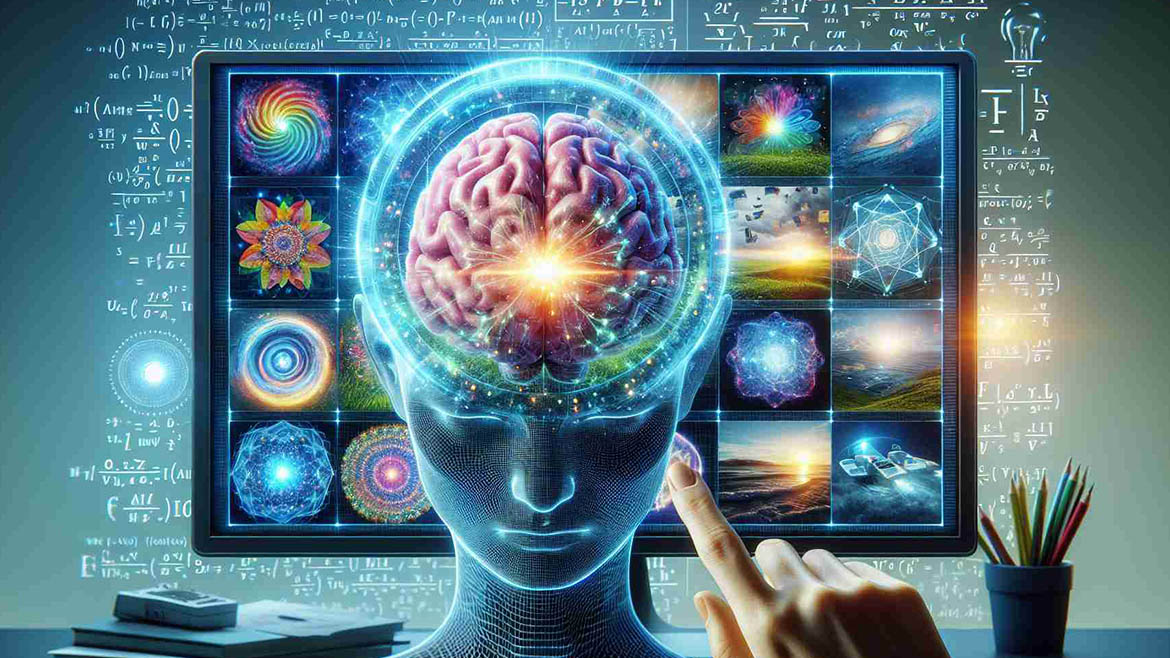The UK’s highest court has denied patents for two ideas created by artificial intelligence.
The highest court in the United Kingdom has dismissed the appeal of a computer scientist who has been attempting to have his AI model acknowledged as the creator of two recently patented products.
The court ruled that computer scientist Dr. Stephen Thaler could not have his AI product, DABUS, acknowledged as the creator of a food container and a flashing light beacon.
The Court of Appeal and High Court in the United Kingdom had previously rendered decisions, and the December 20 ruling upheld them.
The court determined that a patent must be attributed to an individual. DABUS is not considered a person, as the court clarified when rejecting Thaler’s appeal.
AI is capable of doing several tasks; however, it is not eligible to own a patent. At least not in the United Kingdom.
The UK’s top court ruled today that, according to present legislation, only a person can be an inventor when applying for patents.
The decision is made following the actions of techie Dr. Stephen Thaler. — Suhail Ahmad (@SuhailAhmad) December 20th, 2023
Thaler submitted two patent applications in October 2018 and received a rejection from the U.K. Intellectual Property Office in August 2019. The computer scientist later initiated legal steps to challenge the verdict.
The ongoing issue was that he never identified himself as the creator. Instead, he stated that he solely created DABUS, which then invented the food container and a flashing light, apparently without any help.
However, the lower courts in the United Kingdom used the Patent Act of 1977 as the basis for dismissing Thaler’s claim.
Only individuals possess rights. The Court of Appeals declared in September 2021 that a machine is unable to. A patent is a legal privilege, and it can only be awarded to an individual.
Notwithstanding the rejections, the U.K. Supreme Court affirmed that the present ruling does not establish a precedent for subsequent instances.
This is not intended to impose an additional requirement for patentability, the U.K. Supreme Court observed. It also does not create a new reason for rejecting patent applications.
According to records, Thaler also made efforts to get patents for DABUS in the United States, Europe, Australia, New Zealand, and South Africa. He was denied in all of those areas except South Africa, which approved DABUS in July 2021.
Stay Updated about the latest technological developments and reviews by following TechTalk, and connect with us on Twitter, Facebook, Google News, and Instagram. For our newest video content, subscribe to our YouTube channel.
Read More: AI’s Cognitive Leap: Transforming Brain Activity into Tangible Images





